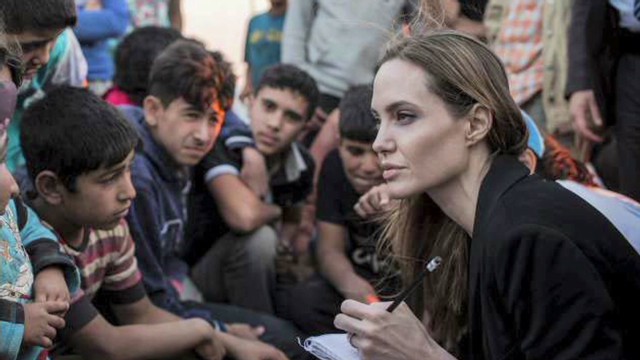This post reflects on Unit 6: Pro-poor politics II- Who sets the agenda?
In 2003, the Zambian Ministry of Community Development, Mother and Child Health (or MCDMCH, under which Social Welfare falls) began a Social Cash Transfer (SCT) program targeted to improve economic security of impoverished households, particularly those affected by disability. The basic format: each district elects representatives (Community Welfare Assistance Committees or CWACs), and they work to identify households in the community that meet the qualifications of the SCT program. Once identified, an assessment is administered, and once officially approved, the household receives a bi-monthly sum of cash via a mobile money system. Overall, it has been lauded as a successful program in the pilot districts, and is being scaled-up across the country.
I was invited to attend a Disabled People’s Organization (DPO) stakeholders’ meeting in 2013 in which the data on the program was presented by MCDMCH. My specific contribution was in regards to the methods used in identifying qualifying households. There were three specific criteria to be met:
(a) Residency – must have been living in the catchment area for, at least, six months.(b) Dependency – a household is eligible if all its members are unfit for work. This is a household with members that are either chronically ill, people below 19, elderly persons above 64 years old and those that are disabled and vulnerable. We are also targeting households with a high dependency ratio (equal or greater than 3). This means that there are 3 or more people in the household being looked after by one person.(c) Welfare – a household is eligible if its estimated welfare, calculated by the management information system based on a wealth index is below a pre-established threshold”
to increase the involvement of socially and economically marginalized peoples in decision-making over their own lives” (Cooke and Kothari 2001, pg. 5).
- To focus on redefining methods and technical practices
- To broaden the participation agenda
- To seek altogether different, “radical alternatives” (pg. 12).
I recognize the value of the Tyranny argument; as the activity I wrote about above felt like a nothing more than a perfunctory wave of the participation banner: I do not know, nor have I heard anything about changes made to the SCT program after the DPO stakeholders’ meeting. I do know that of the 160 families Special Hope Network serves on a daily basis (all of whom I believe should qualify as beneficiaries of the SCT program), none have ever even heard of the program.
But I also appreciate the seemingly more practical and constructive argument of Hickey and Mohan. As a development practitioner, I tend towards these type of arguments (rather than those who err on the side of post-development), as they seem to provide more direction to those working right now in the field. Special Hope Network will conduct its own version of a Beneficiary Assessment (a specific participation activity developed by the World Bank) over the next several weeks, as we move into a time of organizational strategic planning. We want those whom we serve to have a real voice to speak into that process, and though it will be a difficult task to do well (as Tyranny suggests), it still feels to me to be a worthwhile endeavor (as Hickey and Mohan suggest).



